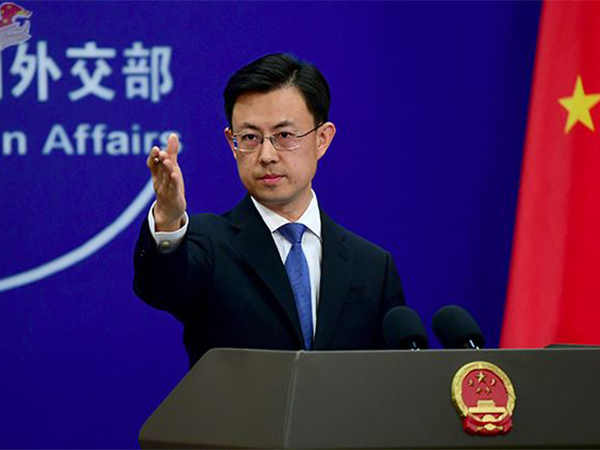After China, Hong Kong bans BBC World Service
Feb 13, 2021

Hong Kong, February 13 : Hong Kong public broadcaster has announced that it would no longer relay the British Broadcasting Company (BBC) programmes, shortly after China banned the British public broadcaster "within Chinese territory".
South China Morning Post (SCMP), said in a report that Hong Kong Public broadcaster's move to pull the plug on programming from Britain's BBC following a ban by Chinese regulators has sparked alarm in the city as analysts warned of a shrinking space for press freedom.
This comes after the National Radio and Television Administration (NRTA) of China barred the broadcasting of BBC World News on the mainland claiming that it has done a "slew of falsified" reporting on issues such as human rights violations in Xinjiang based on interviews of victims surviving "re-education camps."
Global Times, the Chinese Communist Party government's mouthpiece, said that the British broadcaster is responsible "for falsified reporting" on China's handling of the coronavirus in the country.
The move came after the Chinese Foreign Ministry said that "BBC has made some false reports" on human rights abuses against Uyghurs in Xinjiang after the British broadcaster reported systematic rape in so-called re-education camps.
Radio Television Hong Kong (RTHK) had previously aired BBC World Service daily from 11 pm until 7 am, and the Cantonese-language radio show BBC News Weekly every Sunday at 7 am.
"When the central government takes a stand, and the Hong Kong government follows suit, RTHK [as a public broadcaster] would not be able to escape from that," said Grace Leung Lai-kuen, a lecturer at Chinese University's school of journalism and communication
Leung believes the local government had been tightening its grip on the public broadcaster in recent months, citing incidents of authorities slamming its performance over seven "substantiated complaints" in two years.
The public broadcaster has been put under close scrutiny by officials and pro-establishment figures, especially after the 2019 social unrest, as it had been accused of siding with protesters against the government and the police force.
"Without many other choices, RTHK has to move as a team with the government, and keep up with the pace," Leung said.


















